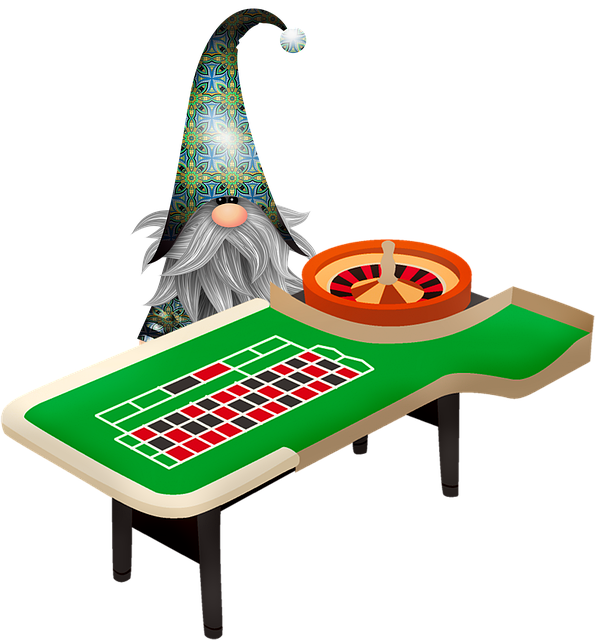Once you choose a game or two, feel free to play in the way that appeals to you most. Whether you sit at your computer or would rather play on your phone, it’s all about enjoyment and fun. To help you get started, we’ve put together this list here wooricasino to help you reduce stress.
We often think that depressed youth and games are a bad combination. But there is also scientific evidence to the contrary: games can help fight anxiety and depression.

Mimicking an anxious situation
A well-known principle from psychology, for example, is exposure. In therapy against anxiety, you expose yourself step by step to what you are afraid of. In DEEP-VR, in fact, the same thing happens. “It is difficult to practice breathing calmly in a non-anxious situation,” explains researcher Anouk Tuijnman. “So how do you train yourself to keep breathing calmly when you’re in a panic? With virtual reality, you can mimic such situations well.”
Control your fears
Another psychological principle is that people must believe that they can change before they can. “Our games convey the message that you are not forever stuck with your depression or your anxiety,” says professor of remedial education Isabela Granic, who is in charge of the lab. “Exercising helps you control your thoughts better.” For example, there is a game for frightened children, in which the monsters, the environment, and the games adapt to the feelings of the player. As a result, children learn to control their fears. Because many young people are already gaming, it is a small step for them to use games as a tool. Plus, games don’t have as much of a stigma as therapy.
The calmer the better you play
The games are not intended to replace therapy, they are an aid. Take midnight, a game for anxious children aged eight to twelve. Instead of boring exercises, they do this game for a long time. midnight is designed so that children learn to divert their attention from fearful thoughts. They wear a so-called ‘neurofeedback headset’. It looks like a headset with a microphone on it that is aimed at the forehead. Only that is not a microphone, but an instrument that measures brain activity. With their brain activity, the players can control their midnight. The calmer the player is, the brighter the light becomes and the less scary his environment is.
Dealing with rejection
Games can also help analyze what is bothering someone. Now, therapists often have new clients complete a questionnaire about their symptoms. The disadvantage of this is that the patients often give socially desirable answers. Anouk Tuijnman: “In a game, you immediately see how they really deal with situations.” It works something like this: you come for an introductory meeting with a therapist. While you are in the waiting room, you can already play a game. In this case, it is the multiplayer game Scroll-Quest, intended for young people aged fifteen and over. Together with three other players, you fight monsters in a spaceship. What you don’t know is that the other players have been instructed to ignore your questions and cries for help.

